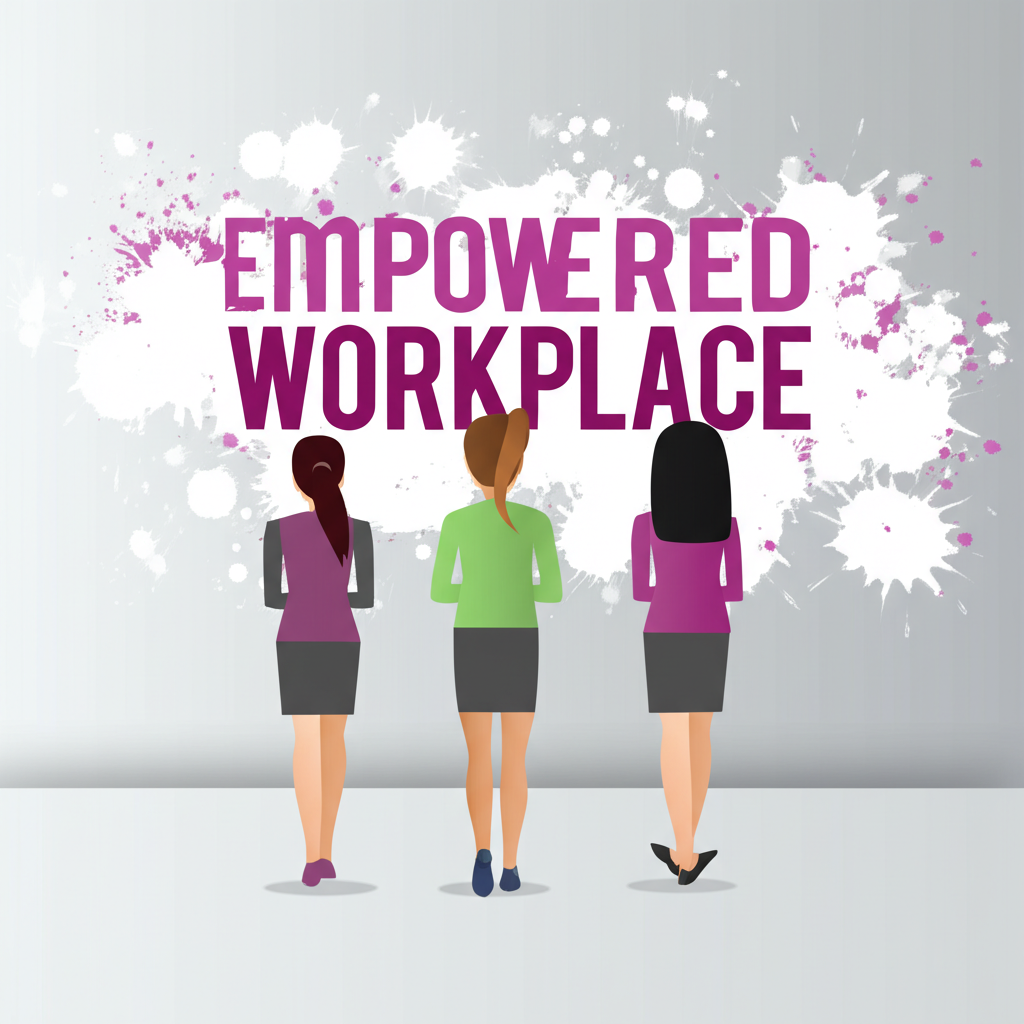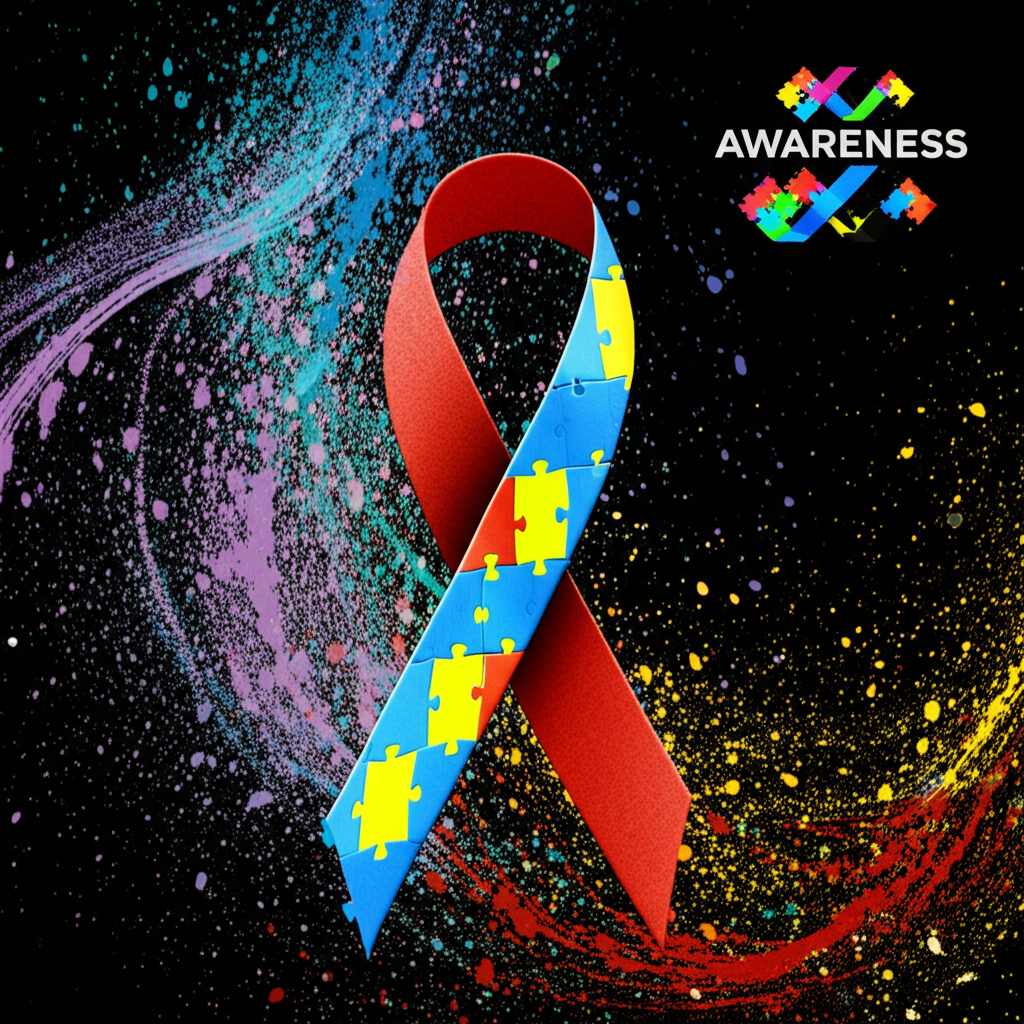Here’s a quick rundown of what’s happening:
- Minister’s Plea: Sulaiman-Ibrahim urges private sector to go beyond financial contributions.
- Shared Value Partnerships: Focus on expertise, platforms, mentorship, and time investment.
- Economic Boost: Closing gender gaps could unlock billions for Nigeria.
- Key Initiatives: Happy Woman App, Nigeria for Women Project, and MOWA x SARA Accelerator highlighted.
- Anniversary Publication: Celebrating 30 years of the Ministry and showcasing champions of women’s empowerment.
Why is Gender Equality a Big Deal?
Sulaiman-Ibrahim isn’t just talking; she’s got the numbers to back it up. Citing World Bank data, she points out that closing gender gaps could inject a staggering $9.3 billion into Nigeria’s economy annually. Globally, that figure skyrockets to $28 trillion! That’s a lot of potential just waiting to be unleashed.
Beyond the Money: It’s About Real Investment
The Minister is clear: this isn’t just about throwing money at the problem. She’s advocating for shared value partnerships. This means companies should actively use their skills, resources, and networks to empower women. Think mentorship programs, creating platforms for women-led businesses, and offering expert advice.
Spotlight on Key Initiatives
The Ministry of Women Affairs isn’t sitting idle. They’ve already launched several impactful initiatives, including:
- Happy Woman App: Aiming to provide resources and support to women across Nigeria.
- Nigeria for Women Project: Focusing on economic empowerment and providing opportunities for women.
- MOWA x SARA Accelerator (with Wema Bank): Designed to boost women’s economic growth through digital access and protection.
Celebrating 30 Years of Progress
The Ministry is gearing up to celebrate its 30th anniversary with a special coffee-table book. This publication will highlight milestones, recognize private sector champions, and showcase the incredible contributions of Nigerian women to the nation’s development. Being featured in this book isn’t just about publicity; it’s about becoming part of a lasting legacy.
The Clock is Ticking: It’s WOMAN O’CLOCK!
Minister Sulaiman-Ibrahim ended her address with a powerful message: “This is not just a moment—it’s a movement!” She believes that a Nigeria where women and girls thrive is within reach, but it requires everyone working together. Her call to action is clear: “It is WOMAN O’CLOCK, and the time is now!”
What Can the Private Sector Do? Here are Some Ideas:
- Mentorship Programs: Pair female employees with senior leaders for guidance and support.
- Skills Training: Offer workshops and training programs focused on developing in-demand skills.
- Funding for Women-Led Startups: Invest in businesses founded and run by women.
- Flexible Work Policies: Create policies that support work-life balance for working mothers.
- Promote Women to Leadership Roles: Actively work to increase the number of women in management and executive positions.
The Bigger Picture: Why This Matters to Nigeria
Investing in women isn’t just the right thing to do; it’s the smart thing to do. When women are empowered, they contribute more to the economy, have healthier families, and create more prosperous communities. It’s a win-win for everyone.
Real-World Examples of Companies Making a Difference
Several companies in Nigeria are already stepping up to the plate. For example, Wema Bank’s partnership with the MOWA x SARA Accelerator is providing crucial financial and digital literacy support to women entrepreneurs. Other companies are implementing diversity and inclusion programs to create more equitable workplaces. These are just a few examples of how the private sector can drive meaningful change.
The Future is Female (and Empowered!)
Minister Sulaiman-Ibrahim’s message is clear: Nigeria’s future depends on the empowerment of its women. By working together, the government and the private sector can create a more just, equitable, and prosperous society for all.


